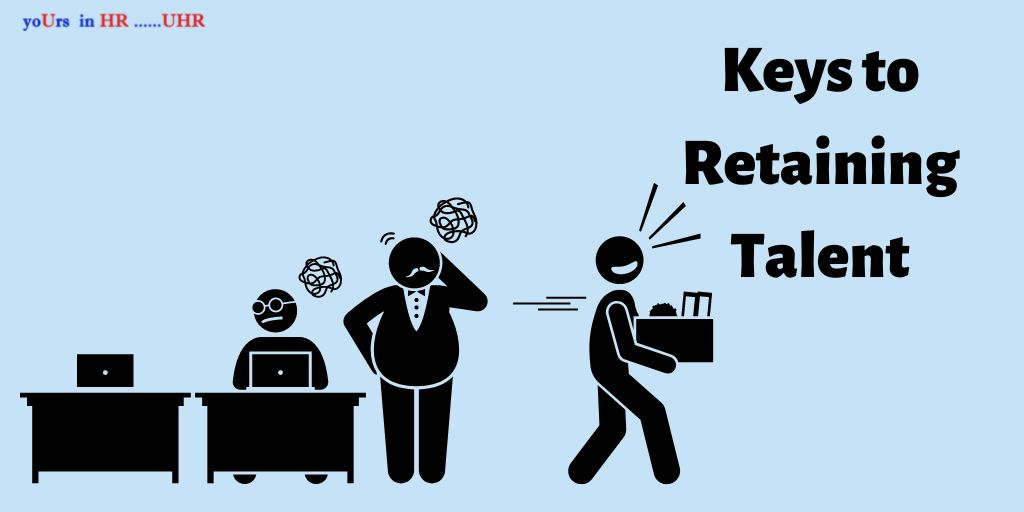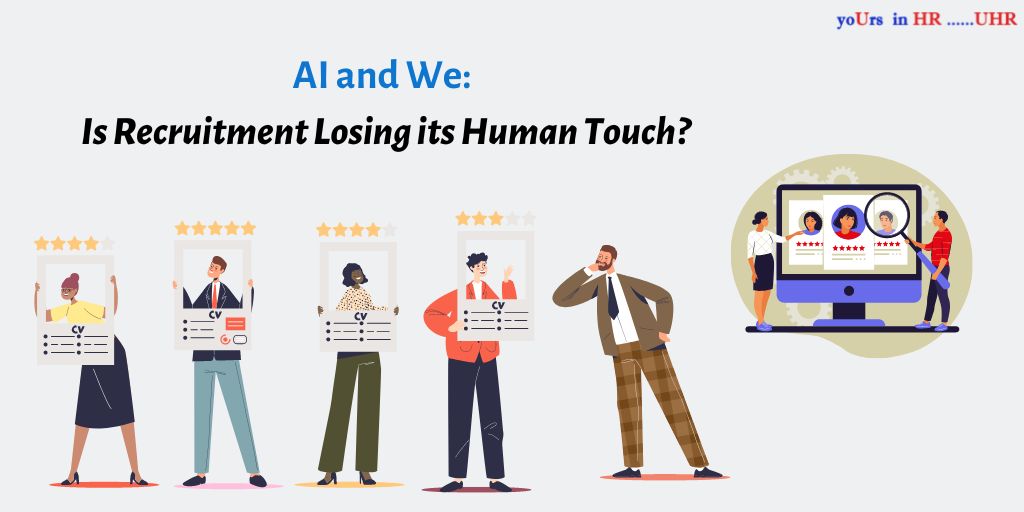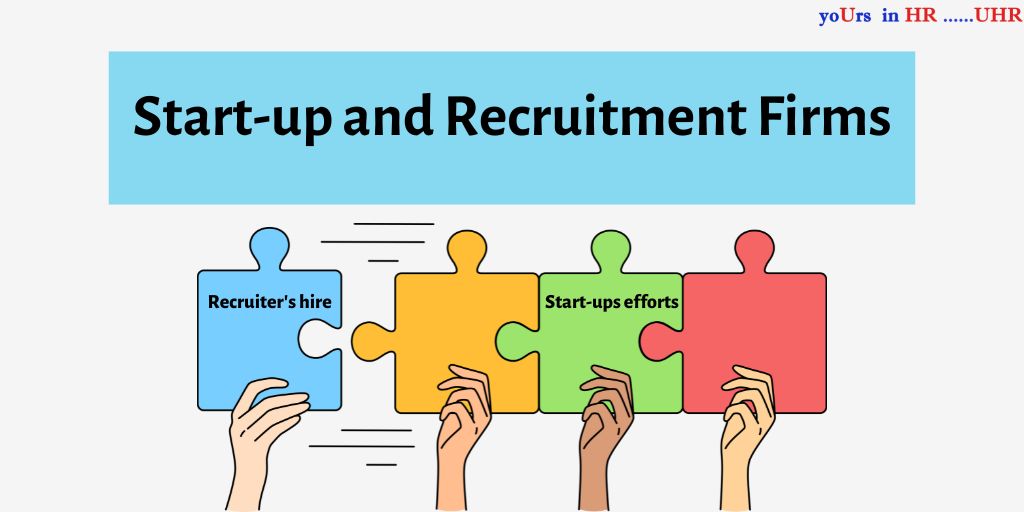
Global trends say ,when it comes to talent and hiring point that there is a shortage of talent. Correction: there is a shortage of talent that stays. As discussed in one of our earlier articles about candidate experience, the new generation of employees and job-seekers have their expectations set, and are not afraid to walk away from an offer they do not like. Companies and organisations are facing challenges in retaining talent.
One part of the challenge is to find skilful talent. Often ignored, the next part faced by employers, and by extension recruiters is to find talent that stays, as we already mentioned in the earlier article(link).
Let us quickly take a look at what one can do as employer, or ‘talent-finder’ to retain talent.
Combat Quiet-Quitting:
Late in 2022, this buzzword came about. It is a phenomenon where employees are becoming increasingly disengaged with their jobs, and are doing just the bare minimum. The term thus refers to how employees are so disengaged that it feels like they are quietly drifting away, quietly quitting. Burnout, stress, low levels of motivation are often been attributed to it.
At some point, burnout and low motivation are bound to make the employee finally quit. At some point, the talent might walk away. Or a new talent hired might drift into these patterns. Low motivation doesn’t just mean a lack of motivation to work, it also means a lack of motivation to find ways to prevent stress and burnout.
To prevent this, the organisation and the employee need a little realignment to ensure the motivation levels remain optimal.
It is important companies take necessary steps. As an article by People Matters puts it:
‘…employers must shift with it and understand that if their employees’ goals align with company objectives, engagement and productivity will follow. If this isn’t accomplished, companies will have to get used to facing a low return on their investment when it comes to hiring staff. Retention levels will plateau or continue to fall, and collaboration and engagement will become something to strive for rather than a cultural baseline.’
So, what concrete steps can be taken to ensure these motivation levels remain high?
Make them feel heard:
The same article by People Matters continues how companies can be more ‘listening’ in their approach. Sometimes, employees might be going through events in their lives that demand that the company extends some flexibility to them. Having company policies is necessary but if a little tweaking can improve someone’s productivity, maybe it’s not a bad idea to consider it without changing entire policies.
In other words, companies can make sure that the individual needs of employees are being met so that family situations, life emergencies etc do not become the reason that an employee becomes demotivated, or can only manage to do the bare minimum.
So many times, good candidates might get away due to location issues, or/and employees might quit because of aforementioned reasons. So many women and new mothers might quit the jobs they loved because of lack of flexibility and options. Truly, a little flexibility can go a long way in retaining talent.
One-on-one meetings, time-to-time company-wide surveys, and just general wellness check-ins are some steps to gauge individual situations pertaining to company policies.
Of course, there’s only so much a company do about flexibility. What are some other ways companies can ensure motivation levels remain high and talent stays?
Combat stagnation, provide opportunities:
One of the major reasons companies are unable to retain talent is because at some point an employee can feel stagnated in their career. They might be looking for new challenges.
New candidates might be hesitant to apply if they think there won’t be much professional growth in future.
To combat both these scenarios, organisations can offer various upskilling and reskilling opportunities so their employees don’t have to look elsewhere unnecessarily. Options galore, based on the scale and capacity of the organisations. Right from sponsoring further education, to offering certificate courses, organising seminars, and other L&D workshops. Many large companies like have set up initiatives to sponsor college fees, and many apprenticeships have also been set up.
On a similar tangent, companies can also offer more opportunities for internal mobility.
As mentioned earlier, top talent sometimes cannot be retained for the simple reason that they jump ships for ‘better opportunities.’ It is the fear of stagnation. This fear can be combated when the employees know that there will be opportunities within the organisation to grow. Opportunities within the organisation means instead of jumping ships, the employee can continue to climb the ladder within. Isn’t that a great source of motivation?
In this era of the Great Resignation and Quiet-Quitting, companies and organisations need to look beyond the hiring process and think long-term. Thinking long-term means companies think how they can retain the talent they hire. Talent will be retained when their levels of motivation continue to remain as high as they were when they first joined. Long-term thinking ensuring opportunities for growth and a sense of being heard could be major leaps into retaining talent.





